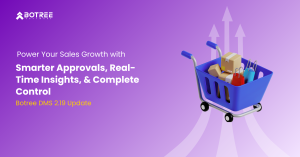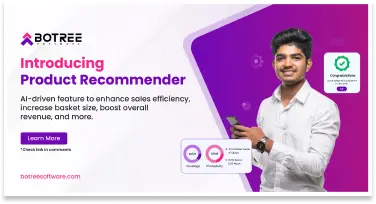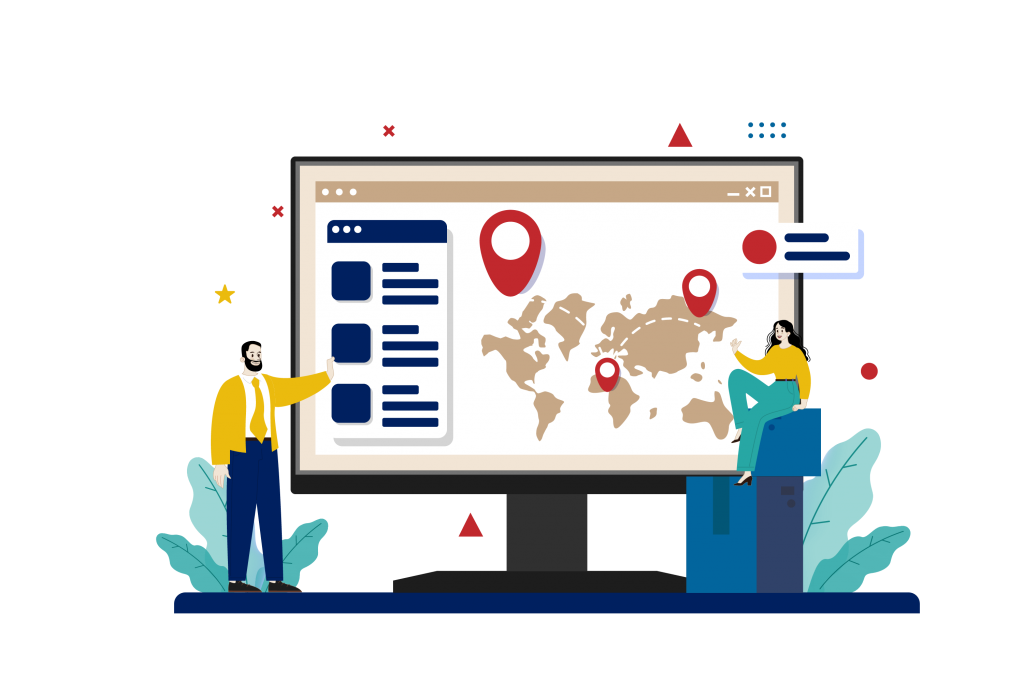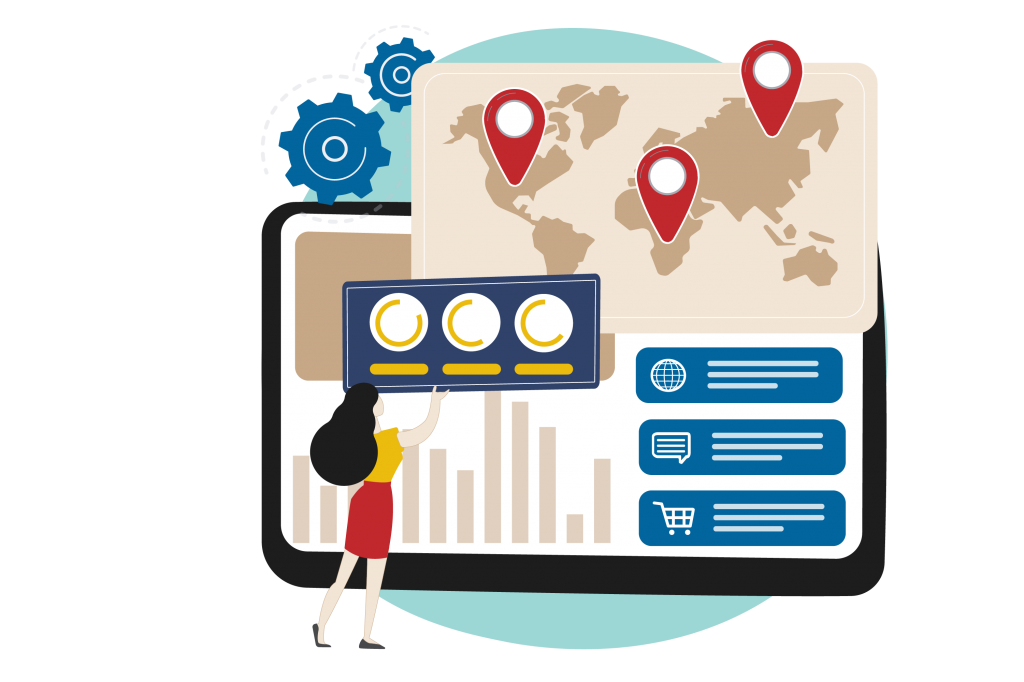
Power Your Sales Growth with Smarter Approvals, Real-Time Insights, & Complete Control with DMS 2.19 Update
Power Your Sales Growth with Smarter Approvals, Real-Time Insights, &

Power Your Sales Growth with Smarter Approvals, Real-Time Insights, &

Introducing the AI-Driven Product Recommender to Maximize Basket Size at Every Outlet
We are thrilled to introduce our latest innovation, the Product Recommender, designed to transform the way businesses optimize their product offerings and enhance sales productivity.

Distribution management systems (DMS) are important tools for managing the distribution of goods, services, and information within a company or organization. They help to optimize the flow of their products from the point of production to the point of consumption, ensuring that they are delivered efficiently and effectively to meet the needs of consumers and stakeholders.
There are several key benefits of implementing a distribution management system, including:
How can organizations choose the right distribution management software? There are a few key factors to consider when choosing the right distribution management software for your organization:

It may also be helpful to do some research and compare different software options to see how they stack up against these criteria. You can look at online reviews and ratings, talk to other businesses in your industry to see what they are using, and request demos to see how the software works in practice. It’s also a good idea to involve key stakeholders in the decision-making process, such as your IT team and team members who will be using the software on a daily basis. This will help ensure that the software meets the needs of all departments and users within your organization.